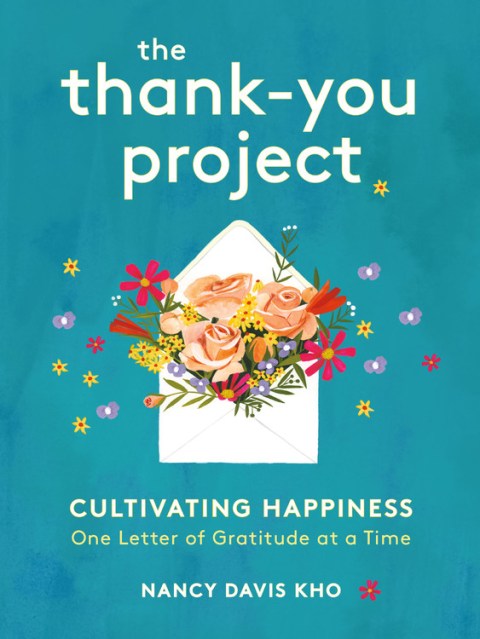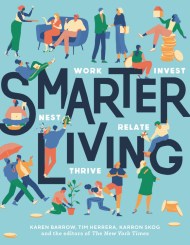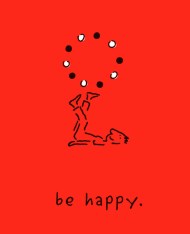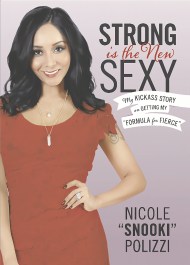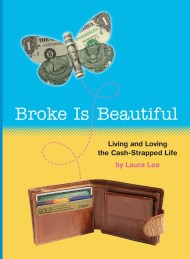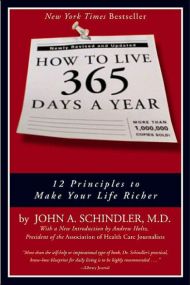Promotion
Use code MOM24 for 20% off site wide + free shipping over $45
The Thank-You Project
Cultivating Happiness One Letter of Gratitude at a Time
Contributors
Formats and Prices
Price
$22.00Price
$28.00 CADFormat
Format:
- Hardcover $22.00 $28.00 CAD
- ebook $12.99 $16.99 CAD
- Audiobook Download (Unabridged)
This item is a preorder. Your payment method will be charged immediately, and the product is expected to ship on or around December 3, 2019. This date is subject to change due to shipping delays beyond our control.
Also available from:
Gratitude and happiness go hand-in-hand — and The Thank-You Project provides an easy-to-follow approach for creating more of both.
Who helped you become the person you are today? As Nancy Davis Kho approached a milestone birthday, she decided to answer that question by sending thank-you letters to the many people who had influenced her, helped her, and inspired her over the years: family, friends, mentors, teachers, co-workers, even a couple of former friends and exes. While her recipients always seemed genuinely pleased to read the letters, what Nancy never expected was the profound and positive effect the process would have on her. As it turns out, emerging research proves that actively appreciating the formative people in your life, past and present, can lead to a lasting increase in your happiness levels–and The Thank-you Project offers a charming, entertaining roadmap to see, say and savor your way there.
Who helped you become the person you are today? As Nancy Davis Kho approached a milestone birthday, she decided to answer that question by sending thank-you letters to the many people who had influenced her, helped her, and inspired her over the years: family, friends, mentors, teachers, co-workers, even a couple of former friends and exes. While her recipients always seemed genuinely pleased to read the letters, what Nancy never expected was the profound and positive effect the process would have on her. As it turns out, emerging research proves that actively appreciating the formative people in your life, past and present, can lead to a lasting increase in your happiness levels–and The Thank-you Project offers a charming, entertaining roadmap to see, say and savor your way there.
Genre:
- On Sale
- Dec 3, 2019
- Page Count
- 208 pages
- Publisher
- Running Press
- ISBN-13
- 9780762468454
Newsletter Signup
By clicking ‘Sign Up,’ I acknowledge that I have read and agree to Hachette Book Group’s Privacy Policy and Terms of Use
